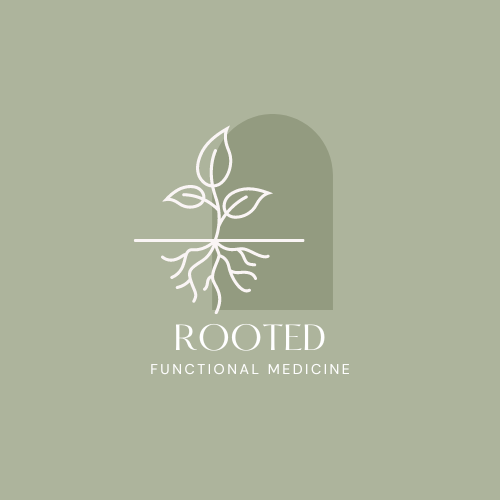Nurturing the Gut: A Key to Postpartum Depression Prevention
The miracle of childbirth is a profound and transformative experience for mothers, but it can also bring with it unexpected challenges. Postpartum depression (PPD) is one such challenge, affecting millions of women worldwide. While PPD has been extensively researched, the intricate connection between gut health and postpartum depression is a relatively new and promising field of study. In this blog post, we’ll explore the emerging evidence that suggests a strong link between gut health and PPD and how nurturing your gut may play a pivotal role in preventing and managing this often overwhelming condition.
Understanding Postpartum Depression
Postpartum depression is a type of clinical depression that occurs after childbirth. It is characterized by persistent feelings of sadness, hopelessness, and a lack of interest or pleasure in activities that were once enjoyable. Other common symptoms include changes in appetite and sleep patterns, fatigue, irritability, and difficulty bonding with the newborn.
While the exact causes of PPD are not fully understood, it is believed to result from a complex interplay of hormonal, psychological, and environmental factors. Recent research has begun to shine a light on the role of the gut-brain axis in the development and progression of PPD.
The Gut- Brain Connection
The gut-brain axis is a bidirectional communication system between the gut and the brain, involving the central nervous system, the enteric nervous system (which is found in the gastrointestinal tract), and the gut microbiota. The gut microbiota, composed of trillions of bacteria, viruses and fungi, plays a crucial role in maintaining overall health, including mental well-being.
Here’s how the gut-brain connection works:
Microbial Diversity: A diverse and balanced gut microbiota is associated with good health. It helps digest food, absorb nutrients, and even produce essential vitamins and neurotransmitters.
Neurotransmitter Production: Gut bacteria produce neurotransmitters such as serotonin and dopamine, which are essential for regulating mood and emotions. An imbalance in these neurotransmitters can contribute to mood disorders like depression.
Immune System Regulation: The gut microbiota also plays a role in regulating the immune system. An imbalanced microbiome can lead to inflammation, which has been linked to depressive symptoms.
Nurturing Your Gut for Postpartum Well- being
Probiotics and Prebiotics: Incorporating probiotics (beneficial bacteria) and prebiotics (food for beneficial bacteria) into your diet can help maintain a healthy gut microbiome. Yogurt, kefir, sauerkraut and fiber-rich food like fruit and vegetables are excellent choices.
Balanced Diet: Eating a balanced and nutrient- rich diet supports both gut health and overall well- being. Focus on consuming a variety of foods, including lean proteins, healthy fats, and plenty of fruits and vegetables.
Stress Management: Chronic stress can negatively impact gut health. Practice stress-reduction techniques such as mindfulness, meditation, yoga, or deep breathing exercises.
Consult Dr. Maddie: If you suspect you have PPD or gut-related issues, consult with Dr. Maddie or another healthcare professional. They can provide personalized guidance and treatment options.
The connection between gut health and postpartum depression is a promising area of research that highlights the importance of taking care of your gut for your mental well-being during the postpartum period. By nourishing your gut with a healthy diet, probiotics, and stress management techniques, you may not only promote a healthier gut microbiome but also reduce your risk of PPD. Always remember that seeking professional help is essential if you are experiencing symptoms of postpartum depression, as it is a treatable condition with the right support and care.
